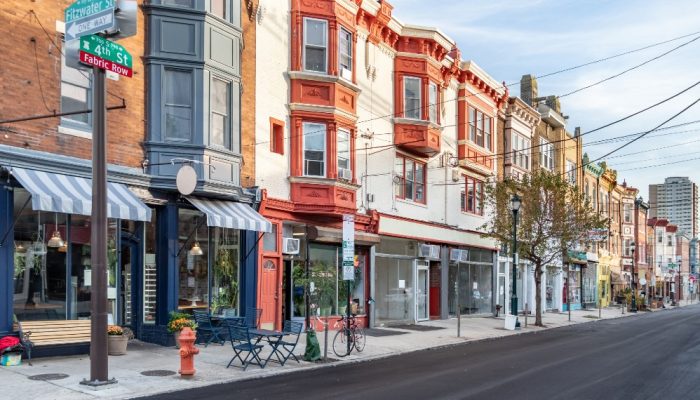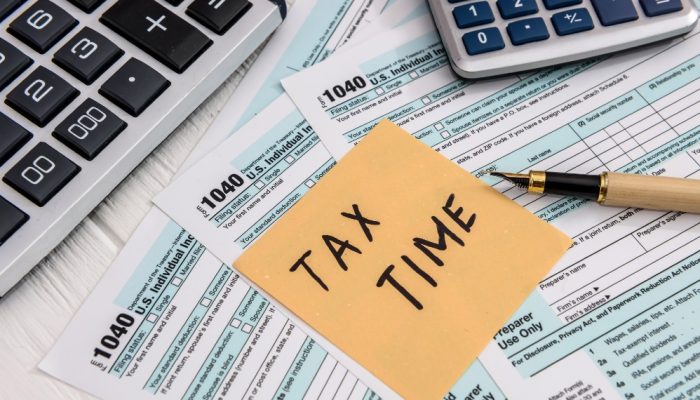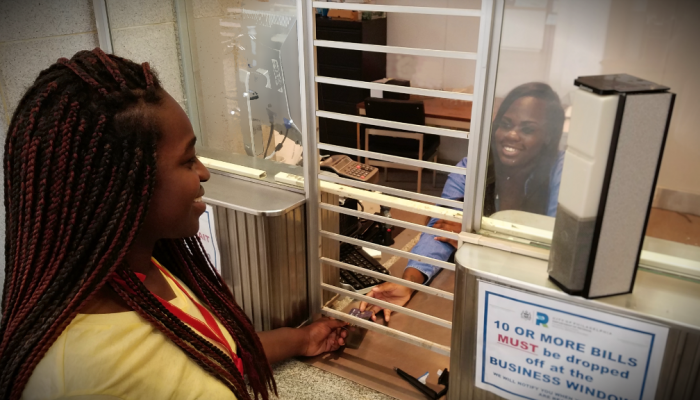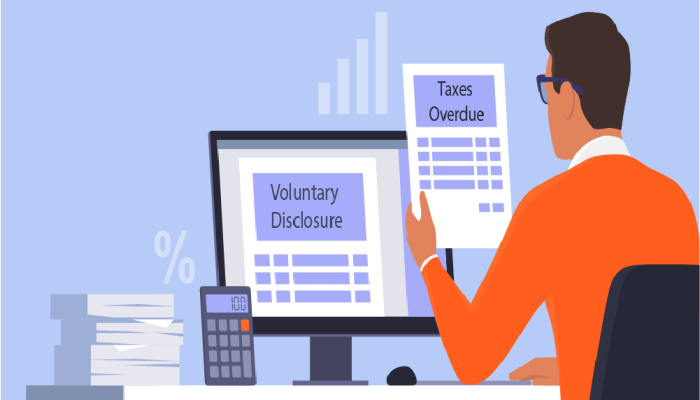Do I qualify for the Low-Income Tax Freeze? Should I reapply or recertify every year? We get great questions like these every day from our residents.
Since its launch in September 2024, the Low-Income Freeze program has kept thousands of Philadelphians’ Real Estate Tax bills down. But not everyone knows how the program works. Below we answer some of your most frequently asked questions:
Can you tell me what the Low-Income Tax Freeze is?
The Low-Income Tax Freeze is one of several property tax relief programs the City of Philadelphia offers to make property taxes more affordable. It was created in 2024 to keep homeowners in their homes.
How does the program work?
It prevents your property tax bill from going up, even if your assessment changes or the tax rate increases. You pay the same amount every year.
What happens it the rate or assessment decreases?
If you get a lower assessment or the tax rate goes down, the Department of Revenue will:
- Update your benefit,
- Lower your bill, and
- Freeze it at the new amount.
At what amount does it freeze my bill?
If you get accepted into the program this year (Tax Year 2025), your bill will be frozen at last year’s amount. For example, if you apply by September 30, 2025, and are approved, your 2025 property tax bill is adjusted or frozen at the 2024 amount—2024 becomes your base year going forward. The program basically freezes your bill so it won’t go up.
You can’t get a refund for property taxes paid before signing up for the program, but we could apply the benefit to an unpaid period, depending on the time you are applying. For example, if you paid $3000 in property taxes in 2023, enrolled in the Low-Income Tax Freeze in 2024, and your 2025 bill gets frozen at $1,400, you won’t receive a refund for the excess from 2023.
Can the base year go back?
The short answer is no. But recent legislation lets you set your base year back up to 2024, as long as you meet all the criteria. This means that, if you apply in 2027, but owned and live in your property in 2024, and met the income limits for that year, your bill could be frozen at the 2024 amount. However, the benefit is not retroactive nor refundable.
Can you tell me what the requirements are?
You must own and live in your Philadelphia property as a primary residence to qualify. You must provide proof. You also must meet these income requirements:
- $33,500 or less for a single person, or
- $41,500 or less for a married couple.
What’s the age requirement?
Anyone can apply for the Low-Income Tax Freeze, regardless of their age. We have a similar program for seniors.
Can I still qualify if my husband (or spouse/partner) has passed away, but his name is still on the deed?
Yes, as long as you have proof of residency.
Does income recertification happen every year?
Yes. We may ask you to certify that you still meet all eligibility requirements at any time to stay in the program.

I’m permanently disabled and only get social security- can my taxes be frozen for as long as I want?
Yes. Your bill remains frozen (and predictable) for as long as you maintain ownership of the property and meet the other requirements.
Do I still qualify for other relief programs if I have the Low-income Tax Freeze?
Yes. You can have the Homestead Exemption and Real Estate Installment Plan together with the Low-Income Tax Freeze. We will cross-enroll you in Homestead if you aren’t already enrolled.
How do I apply?
The fastest and easiest way to apply is online through the “Search for a property” link on the Philadelphia Tax Center, under the “Property” panel. You don’t need to create a username and password. The deadline to apply is September 30 each year.
Must I apply every year?
No. You will remain eligible as long as the property ownership does not change and you continue to meet the income guidelines.
What if I don’t qualify?
If you do not meet the income guidelines for the Low-Income Tax Freeze, you may be eligible to apply for other programs offered by the City, like the Homestead Exemption. Homestead had no age or income requirements.




